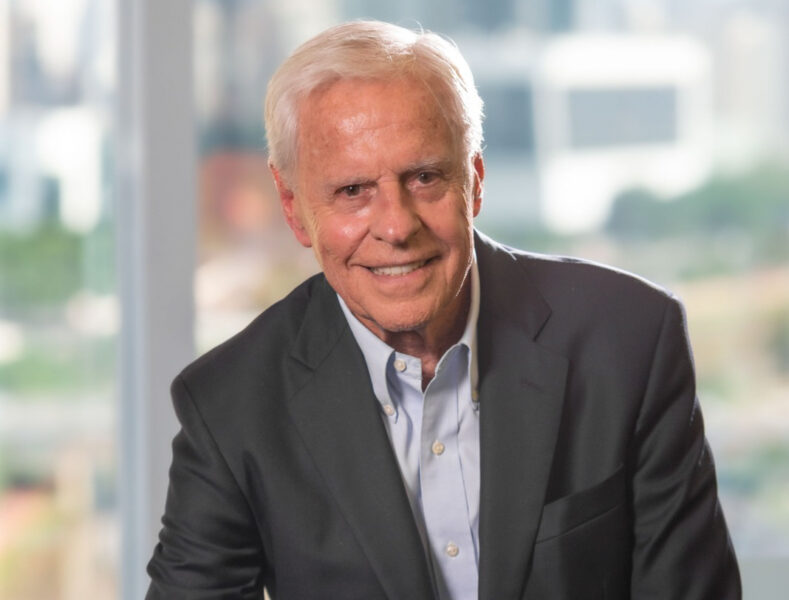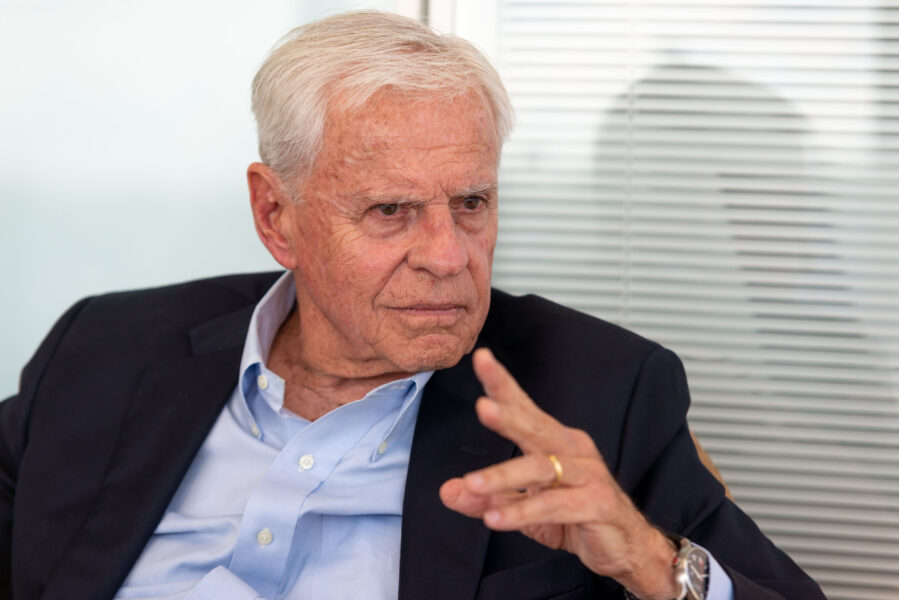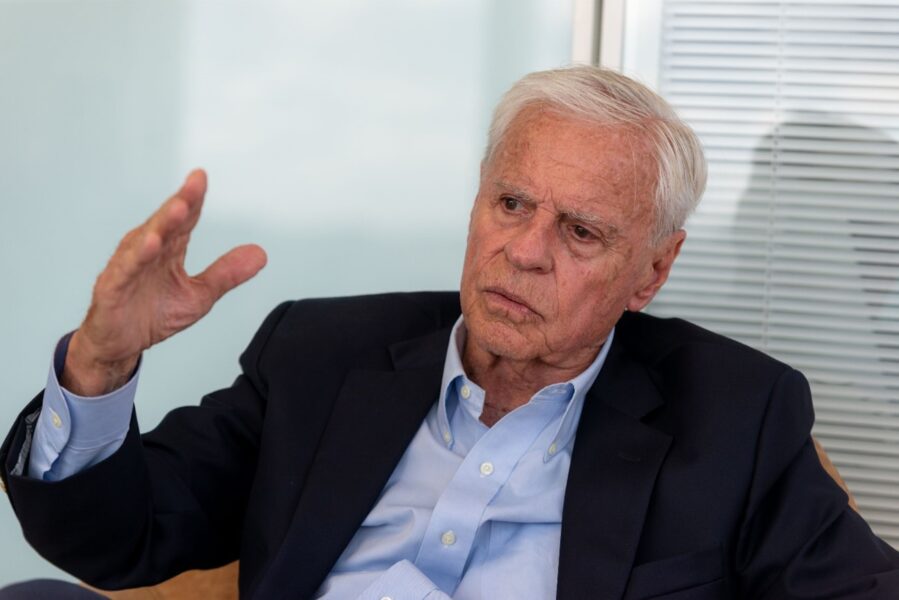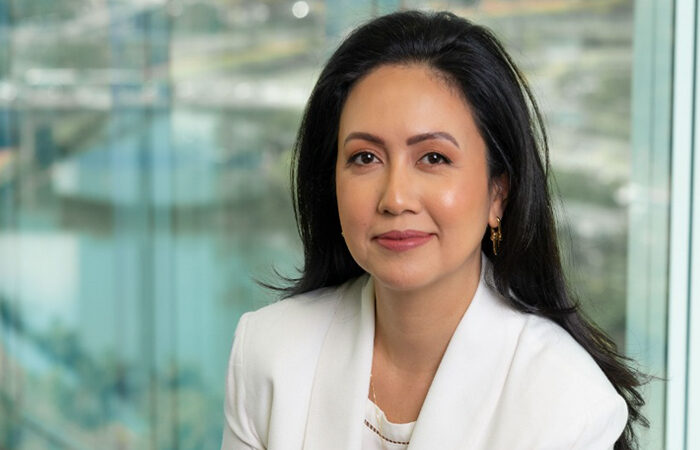
The Reputation Feed searched Alexandre Silva, Chairman of the Board of Directors of Embraer, moved by curiosity about the complexities of taking care of the reputation of a company with a product cycle accounted for in decades, especially in volatile times such as the beginning of 2023. Alexandre served as President of different companies for 22 years and, since 2007, he has served as an adviser to several organizations. Currently, in addition to Embraer, he sits on Nitro's boards; by Iochpe Maxion; and, pro bono, from Amcham.
In the conversation, he explained clearly and objectively the gains from a strong reputation, as well as the responsibilities and roles of the company's leaders in preserving what has been achieved. Their points of view also carry a lot of reflection and learning acquired in many years of practice breath-hold fishing which, according to him, taught him to have more balance, concentration, focus, determination, grit, patience, controlling fear and stress, in addition to planning, managing risk, trusting others and want to grow. Below are excerpts from the RF interview.
What is the relevance of reputation for the company and how to work this issue in the organization's governance?
Pragmatically, a company with a good reputation will sell for a better price, have a larger market share, and gain more trust from suppliers, customers and authorities. Internally, it will attract and retain the best people, making hiring easier. I've seen cases of strictly equal commodities being traded at 20% more in price, based solely on the company's reputation. People are willing to pay more for trust. In a very pragmatic way, this is the relevance. It sounds simple, but it's not. You don't buy reputation or build it overnight. You have to earn it over years, and there's no shortcut.

“To build reputation, you have to practice, train your people. So, over the years, your reputation will allow a good work environment, with the best people, will make your brand the preferred one, the first choice.”
.
And how does a company gain reputation?
First, with transparency. Speaking the truth, always. We are tired of seeing companies say one thing and then do something different. It is necessary to be ethical, inside and outside the organization. It means complying with laws, having internal policies, constantly encouraging and strengthening the organization's values, practicing walk the talk. From an external point of view, in addition to everything I've already mentioned, it is necessary to deliver quality. And what I mean by quality: it's not about delivering a Rolls Royce, it's about delivering at least what the customer expects from you. If you deliver more, he will be even more satisfied. To build a reputation, you have to practice, practice, practice. You have to train, train, train your people. So, over the years, your reputation will allow for a good work environment, with the best people, it will make your brand the favorite, the first choice, and you will be able to practice a premium price.
.
Who preserves and strengthens the company's reputation?
The Board of Directors and the CEO. Together they define strategy and reputation management. And the CEO, as an executive, has the responsibility to disseminate it in the organization's culture and practices. He has to lead by example, as well as directors. The entire chain of leadership has to be involved, otherwise the process will fail.
.
And how much does the reputation of the leadership, of the CEO, contribute to the reputation of the company he represents?
It's very important. Who has more visibility is the CEO, who is chosen by the Board of Directors. This selection is critical because, in addition to technical qualities, of all soft skills, the person must have credibility, have a good reputation. A CEO with a bad reputation is an unnecessary liability.

In addition to choosing the CEO, which is fundamental, what are the other responsibilities of the Board of Directors with regard to the company's reputation?
The Board's responsibility is total. At Embraer, all board meetings start with a compliance case. In compliance, black is black and white is white. Danger lives in the gray. We executives were trained to make decisions without having all the information at hand, navigating through the gray. Executive does not like to ask. He prefers to use common sense, the experience he thinks he has. That's a danger. If you're not sure, you have to ask. When we examine these cases, there are multiple choices, and we make mistakes too. But the message that remains is that in real life you can't make mistakes. The company's leadership has to set an example and train staff constantly. It has no end. You never train enough, because people change.
.
Is including reputation management in the executive compensation policy a way to ensure that it will be a priority?
This bonus question is interesting. There are a number of important things that the company pursues that, in my point of view, are job descriptions. Being honest, following the company's principles and values, as well as its policies and complying with laws, are part of the executive's scope. Bonuses have to be linked to an additional effort, to something that goes beyond the basics. Linking bonuses to a low accident rate, for example, is a mistake. The leader of an area with many accidents is failing to lead, he cannot remain in position. Care must also be taken to ensure that the remuneration policy does not encourage wrong attitudes. Another example: focusing excessively on the short term, paying high bonuses and low wages. Care must be taken with this, because human beings can be infernal. Depending on the environment, some people may take it for granted that they do wrong things.
.
What are the complexities of reputation management for companies with a long product cycle?
At Embraer, it takes five to six years to develop an aircraft, the sale lasts for 15 years and the provision of services for 40 years. The entire product cycle is 50 years. That is, a decision taken today will affect the company 10 years from now. See how easy it is to be tempted not to invest in research in the development of a product that will only be flying in 10 or 15 years and, in exchange, improve the results of today. This is a huge risk. So, the Board and the Board of Directors have to be very clear about their own responsibility in looking after the company's reputation in the future, even knowing that they may no longer be part of it in a few years.
“No one is exempt from facing a crisis. Now, if you go into it with a positive reputation, being proactive in not letting gossip and distortions go faster than you, increase the chances of having a smaller negative impact.“
Was the issue of reputation management important in your career, in the sense of being consciously planned and addressed?
I will tell a story. When I was at Celma (a company that produces turbines), there was a due diligence, on the occasion of the sale to GE (General Electric). In the environmental audit, traces of solvents were detected in the subsoil of the land, with a risk of migrating to the area of a nearby community. The recommendation was to voluntarily inform the Public Ministry and examine the artesian wells in the neighborhood. So, I went to talk to the prosecutor, took all the documented findings and proposed a remedy – which, it must be said, was not simple. In short, I almost got arrested for an environmental crime. It turned out that when we analyzed the wells, we did not find contamination with our products. And the prosecutor, who had been amazed at our proactivity in reporting the potential problem, little by little, began to trust us and even started to use our case as a reference. That is, we gained credibility with an important authority, based on transparency, by always speaking the truth and being proactive. No one is exempt from facing a crisis. Now, if you go into it with a positive reputation, being proactive in not letting gossip and distortions go faster than you, increase the chances of having a smaller negative impact.
.
In the current context, especially after the Covid-19 pandemic, what are the expectations and issues that should be addressed in relation to corporate reputation?
People generally charge much more than they did in the past. There is a group of mid-career professionals who simply refuse to work for companies with a bad reputation. Companies in this condition face a lot of difficulty in hiring, end up paying higher wages, have a higher turnover. Sometimes, it is not enough to have the remuneration, the highest salary.
.
And what risks exist in this new context?
The digital environment and social networks have changed the way companies should think about corporate reputation management. When I first heard about social media, about 12 years ago, a United Airlines plane was on a coast-to-coast flight from New York to Los Angeles. On the way out, when the plane was still taxiing, a fight between a flight attendant and a passenger was filmed by another passenger and posted before takeoff, I don't remember which social media. When the plane landed a few hours later, it was already a national scandal. And the company was caught off guard, probably because the flight commander did not report the problem or it took too long to react. From then on, companies understood that the timing of risk and crisis management had changed. Can't wait. The treatment of occurrences has to be now.
.
Reaction timing is one of the points that generates a lot of doubt in crisis management. How to use time in favor of reputation?
Thinking about reputation, in times of crisis, you need to be proactive, put yourself in front of negative comments, gossip, distorted information, because they come. The company must prepare for various exposure risks. You must keep an updated risk matrix with an assessment of which risks have the greatest impact on reputation. Must know how to answer the main questions regarding the fact, have a trained spokesperson. It is not possible to wait for a crisis to happen to assemble a group that will only from that moment begin to decide how to manage the occurrence. There must be conditions to trigger the process immediately. Regardless of the conjuncture, of the scenarios that the company designs, a crisis management project is necessary for today and for the following months, which incorporates the lessons learned from the black swans. Without it, reputation suffers.
Lucia Ritzel is a journalist, consultant mr. and Head of Content at ANK Reputation
lucia.ritzel@ankreputation.com.br



